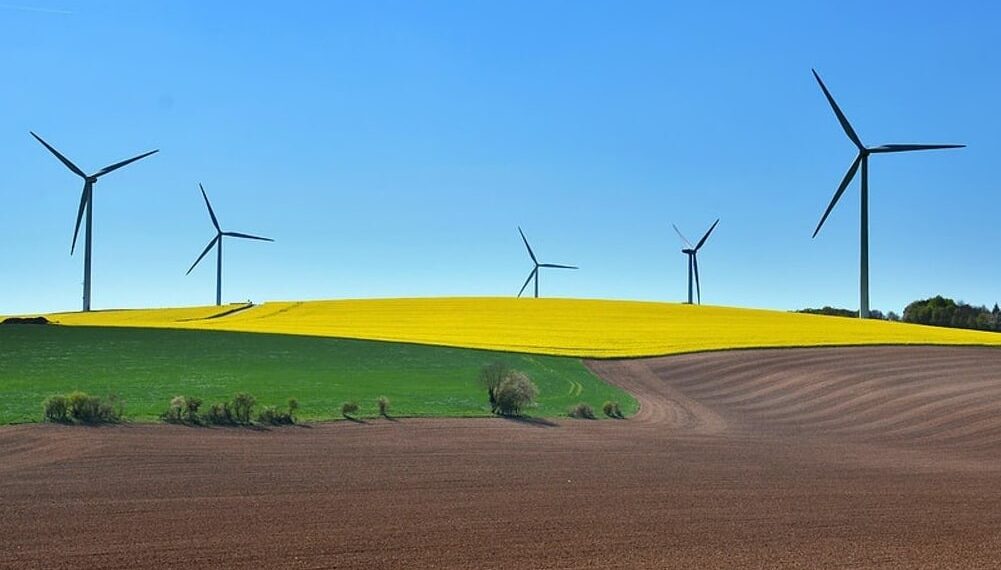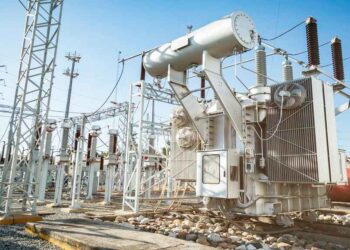Sympower, the Dutch independent flexibility services provider, has extended its partnership for a further three years with the European energy utility giant – Vattenfall.
Working together with one of Europe’s largest producers and retailers of electricity and heat, the renewed contract allows Sympower to provide continued grid balancing services in the Swedish market, while opening up further markets in countries such as Denmark.
Commenting on the renewed partnership, Anders Tonhammar Lööf, Commercial Team Lead, Sympower said: “Sympower is quickly establishing an enviable reputation as a world leader in smart grid technologies. Partnerships such as these allow Sympower to accelerate the global transition towards ‘net zero’ by helping to build smarter, cleaner renewable energy systems and deploy a wider range of lower-carbon grid-balancing services, such as demand-side response, across Europe and in other parts of the world.”
He continued: “Demand response services can help mitigate rising costs by allowing energy-intensive users, such as large manufacturing and processing industries, to reduce their energy demand for short periods of time, whilst generating additional revenue streams.”
Henrik Juhlin, Head of Power Management, Vattenfall commented: ”Our extended partnership agreement with Sympower fits perfectly into our strategy with a long-term focus on customer flexibility, and to enable fossil-free living within one generation. This collaboration draws upon the strengths of Vattenfall. With our stability and market experience, combined with Sympower’s technical expertise and rapid response capabilities, we’re able to offer a market-leading service to our customers.“
Nordic demand response
Established in 2019, Sympower’s collaboration with Vattenfall has allowed the Dutch aggregator to build a large portfolio of customers in the Swedish Frequency Containment Reserve for Disturbances (FCR-D) market; enter the FFR market when it first opened in the region in 2020 and expand its Norwegian operations during the summer of 2021.
The FFR market was first introduced by transmission system operators (TSOs) across the Nordics in 2020 to handle low inertia situations on the electricity grid which became more frequent in Nordic-based power systems. FFR helps grid operators maintain a normal frequency range (50Hz) on the electricity network when sudden deviations occur, such as a sudden loss of power generation or a large influx of renewable energy.
The total FFR requirement in the Nordics has been assessed at 300MW, with Sympower and Vattenfall already controlling almost two-thirds of the total market. Specifically in Sweden, the new FFR market size is around 110MW. Sympower and Vattenfall are managing almost 80MW of this portfolio for Arctic Paper, Sweden’s leading manufacturer of fossil-free and innovative printing paper solutions, and Vattenfall Uppsala Heat, a local supplier of heating, steam and cooling.
Sympower is active in the Netherlands, Sweden, Finland, and Norway. It is expanding its global operations with energy companies and transmission system operators (TSOs) to deliver grid-balancing services to more countries soon, including Israel, Denmark, Spain, and Greece.
About Sympower
Sympower is accelerating the global transition towards ‘net zero’ by helping to build smarter, cleaner renewable energy systems. Using our proprietary software platform, we help balance the supply and demand of electricity across international energy networks.
We help businesses, grid operators, asset owners and other energy stakeholders around the world reduce their carbon emissions, integrate more distributed renewable energy resources, and generate new revenue streams by participating in demand-side response services.
Founded in 2015, Sympower has over 70 staff and is active in five countries worldwide, including Netherlands, Sweden, Finland and Norway. We are rapidly expanding our global operations to deliver services in Israel, Denmark, Spain and Greece. Our customers operate in a wide range of energy-intensive industries, including paper and pulp, greenhouse, data centres, metal industry, sawmills, manufacturing and process industries, allowing us to unlock the flexibility of electrical assets and processes.










































